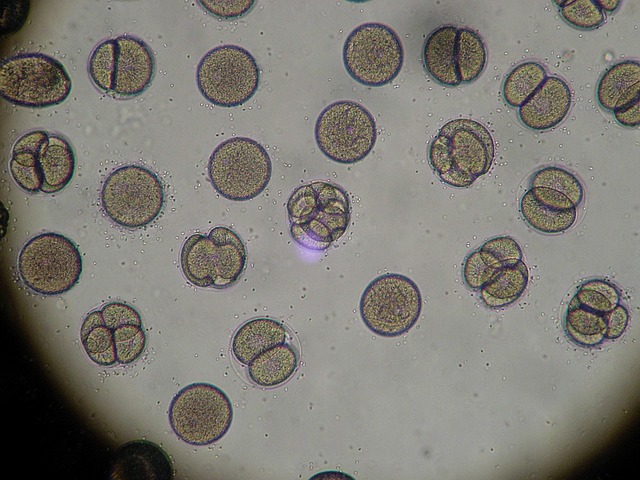A Swedish scientist has begun editing DNA in healthy human embryos, attempting to modify genes in a move deemed taboo because of both ethical and safety concerns.
Fredrik Lanner, a developmental biologist, is now known as the first researcher to ever attempt DNA modification in healthy human embryos. Lanner says his goal is to learn more about how genes play a role in early embryonic development in the hopes that the research will one day help in infertility treatments and miscarriage prevention. Lanner also says scientists might be able to use his work to learn more about embryonic stem cells to cure diseases in the future.
Despite all good intentions, some fear that Lanner’s research might be used by more enterprising scientists to genetically modify embryos to make babies, NPR reports. Tweaking human DNA is dangerous, as it could accidentally create new diseases by making errors in genetics.
Other experts, on the other hand, worry that such experiments might lead to the prevalence of “designer babies,” wherein parents choose specific attributes for their offspring.
Lanner emphasizes that he will only be studying the embryos for the first seven days and would not let them develop past 14 days. The benefits could be highly significant, he points out. Aside from helping people who are struggling to have kids, he says stem cells from human embryos can turn into new treatments. He says,
If we can understand how these early cells are regulated in the actual embryo, this knowledge will help us in the future to treat patients with diabetes, or Parkinson, or different types of blindness and other diseases.
But DNA editing is an extremely controversial topic, and Chinese scientists earned the wrath of scientists and civilians alike when they tried to edit human embryo DNA last year, even though they used embryos that would not develop into infants.
Because of such concerns, the National Academies of Sciences, Engineering and Medicine launched the Human Gene-Editing Initiative to take a closer look at the issues surrounding gene editing.
There are some however, who do agree that there are benefits to gene editing, while others may agree to conducting research on embryonic cells as long as no DNA modification is performed.
Lanner insists, “I think it’s wise to be allowed to do fundamental research so we can gain more information about this technology and potentially use it in the future.” He will continue trying to edit human DNA until he comes up with effective techniques that will allow him to reach his goal of studying genes in early embryonic development.
In the United Kingdom, British researchers are planning to conduct similar experiments, but the US labs that carry out human embryo studies have not announced their intention to do so.
























